Want to become a pilot? Now is the best time — start training today.
The year 2025 presents an exciting opportunity for aspiring airline pilots. Current training programs are paving the way for a promising career trajectory, as the U.S. Bureau of Labor Statistics anticipates approximately 16,800 job openings for pilots annually. This optimistic forecast is fueled by several key factors that underscore the long-term demand for qualified pilots in the aviation industry.
The FAA's 2023-2043 Aerospace Forecast highlights the persistent airline pilot shortage, a challenge expected to continue for years to come. Boeing's Pilot Technician Outlook estimates that North America alone will require 127,000 new pilots by 2042.
Several key factors are driving this global shortage, including:
According to consulting firm Oliver Wyman, the surge in pilot demand has led to significant improvements in pay and working conditions, with some salaries rising by as much as 86%. The firm projects that the shortage will persist throughout the decade, with an estimated shortfall of 17,000 pilots by 2032. The most severe gap is predicted to occur in 2026, with a shortage of 24,000 pilots.
In response to a surge in demand for air travel following the pandemic and a widespread labor shortage, airlines are offering substantial pay raises to pilots. These dramatic increases are aimed at retaining current staff and attracting new talent to address the ongoing pilot shortage.
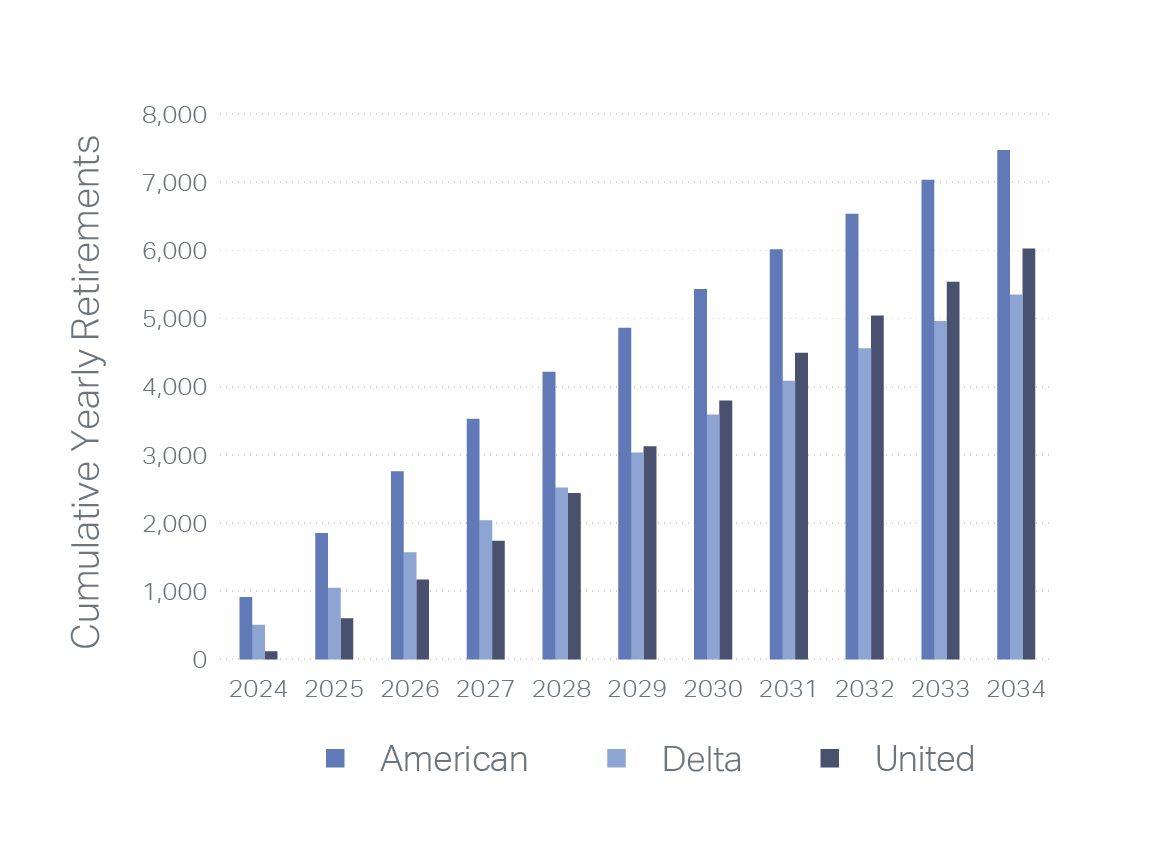
Airline pilots are required to retire at age 65, and with a significant portion of the workforce nearing this age, a shortage of pilots is looming. The National Air Carrier Association estimates that over 16,000 pilots will retire within the next five years, further intensifying the demand for new pilots to fill the gap in the industry.
With 80,000 airline pilots set to retire over the next 20 years, airlines are ramping up hiring efforts to keep pace with both retirements and industry growth.
These projections highlight strong hiring trends presented at the 2024 NGPA Industry Expo.
According to Boeing's Pilot Technician Outlook, "Air travel demand is outpacing economic growth as domestic markets have fully recovered from the pandemic years, with international traffic expected to return to pre-pandemic levels by this year."
To support this recovery and the expansion of global fleets, the aviation industry must implement a long-term strategy to tackle upcoming labor challenges. This includes investment in early career development programs and outreach efforts that inspire the next generation of aviators, ensuring the aviation market remains robust in the years to come.
Trusted by over 100 aviation regulatory agencies worldwide, Boeing's forecasts reveal significant trends and demands in the aviation industry:
The Boeing Pilot Technician Outlook projects that the global aviation industry will need to supply over 649,000 commercial airline pilots over the next 20 years. The Boeing Commercial Market Outlook also forecasts a demand for more than 42,000 new airplanes worldwide, with single-aisle aircraft dominating the market. Low-cost carriers are expected to make up over 40% of the global fleet by 2042.
Air travel is predicted to outpace global economic activity, with an annual growth rate of 3.7%, more than doubling pre-pandemic traffic levels over the next two decades. To meet the growing demand and replace retiring personnel, airlines are expected to invest nearly $200 billion in training and professional services during this period.

2023–2042 Outlook
Yes, there is currently a significant pilot shortage in the United States and globally. The aviation industry is facing a critical gap between the number of qualified pilots available and the growing demand for air travel.
This shortage has been accelerated by factors such as a wave of mandatory retirements, reduced pilot training during the COVID-19 pandemic, and a limited pipeline of new pilots entering the workforce.
According to Boeing’s 2023 Pilot and Technician Outlook, the industry will need over 600,000 new pilots globally by 2042, with North America requiring over 130,000 of them.
Now is the perfect time to start your aviation journey and become part of the next generation of airline professionals.
At Pelican Flight Training, we can say that the demand for pilots has been consistently strong in recent years. The aviation industry is experiencing a significant need for qualified pilots due to factors such as the growth of air travel, retirements of current pilots, and the expansion of airlines.
We recommend checking industry reports or reaching out to us for the most up-to-date information. We're happy to help with any other questions you may have about our training programs or the aviation industry!
The pilot shortage in the United States is expected to last well into the next decade, with projections showing a sustained demand for qualified pilots through at least 2032 and beyond.
This is due to factors like mandatory retirements, surging travel demand post-COVID, limited training capacity, and fewer military-to-civilian pilot transitions.
According to Boeing’s 2023 forecast, over 600,000 new pilots will be needed globally by 2042 — with over 130,000 in North America alone. Now is the time to start your training!
Yes, now is one of the best times in history to become a pilot. The industry-wide shortage is creating tremendous opportunities for aspiring aviators — from faster career advancement and strong job security to competitive salaries and bonuses.
With the right training and support, you can begin a fulfilling, well-paid career in aviation today. It’s the ideal time to enter the industry.
While AI plays a growing role in aviation, it is unlikely to fully replace human pilots in the foreseeable future. Pilots bring irreplaceable critical thinking, judgment, and adaptability to complex and dynamic scenarios.
AI may assist with automation and optimization, but the human element remains essential to safety, communication, and decision-making during unexpected situations.
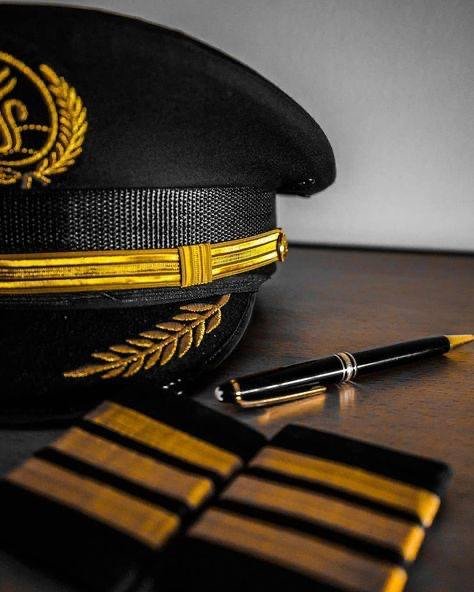
FROM ZERO TO AIRLINE PILOT Commercial Pilot License in 10-15 months / Price $83,950 – Pay after visa approval
Get Commercial Pilot License based on 2 types of training visas M1/F1:
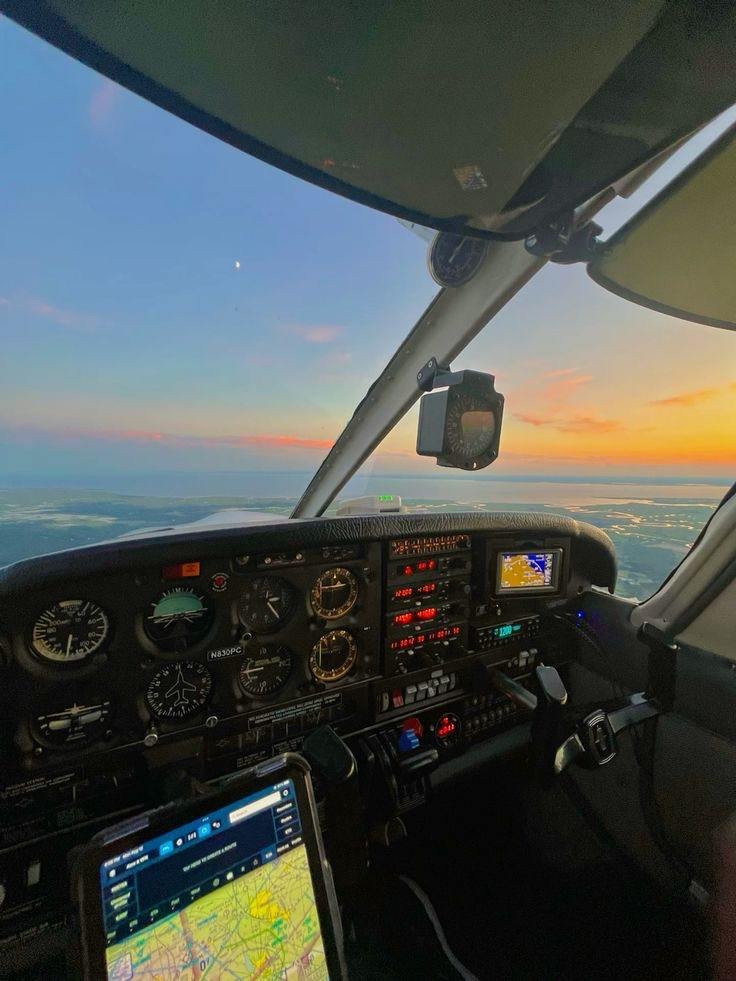
Foreign Pilot Conversion build 1500 hours of flight experience
Convert your ICAO / EASA license to FAA and take CFIs courses.
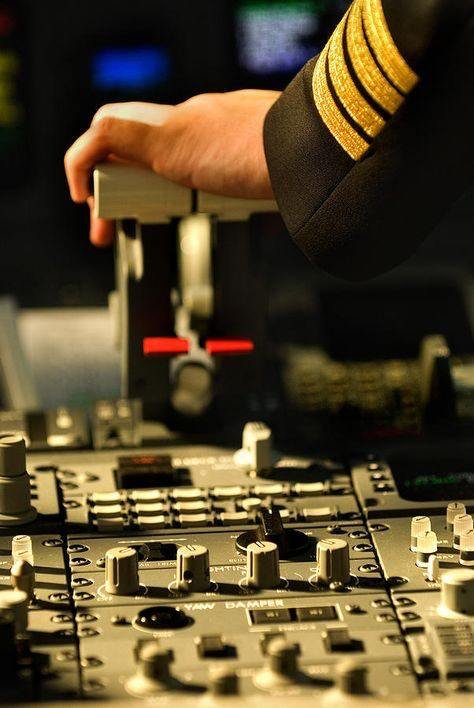
Become a CFI and build your flight expirience
Build 1500 hours airline hiring minimums.
Visa option: F1 – train, work, and gain experience in the USA
Learn more Start Flying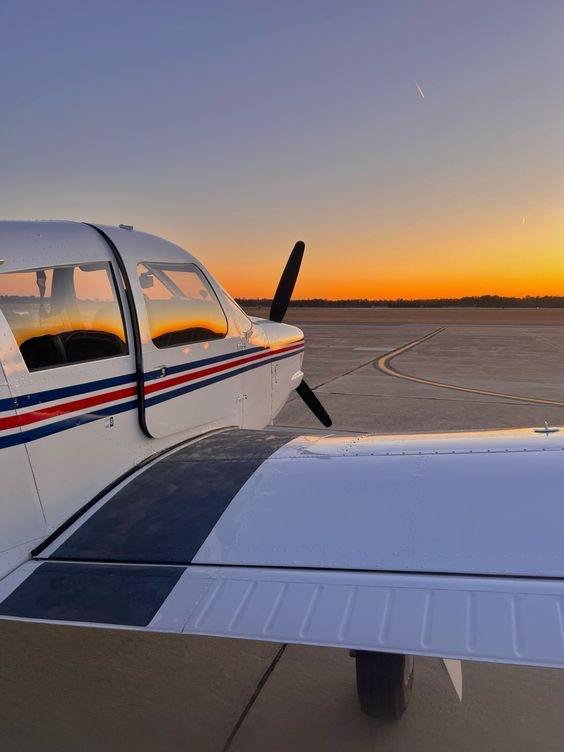
FROM PPL HOLDERS Commercial Pilot License in 10-15 months / Price $58,207 – pay after visa approval
Get Commercial Pilot License based on F1 Visa
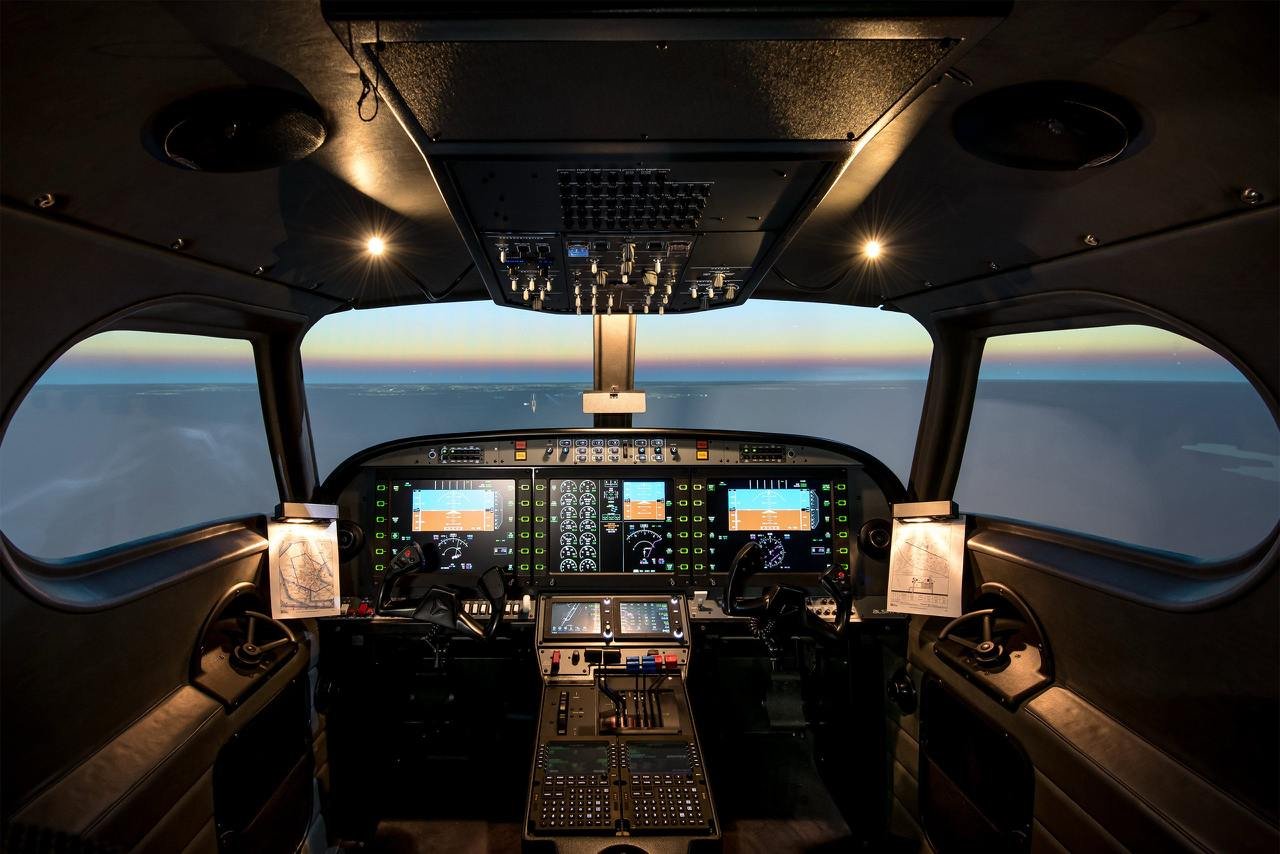
All Programs airlane and helicopter programs
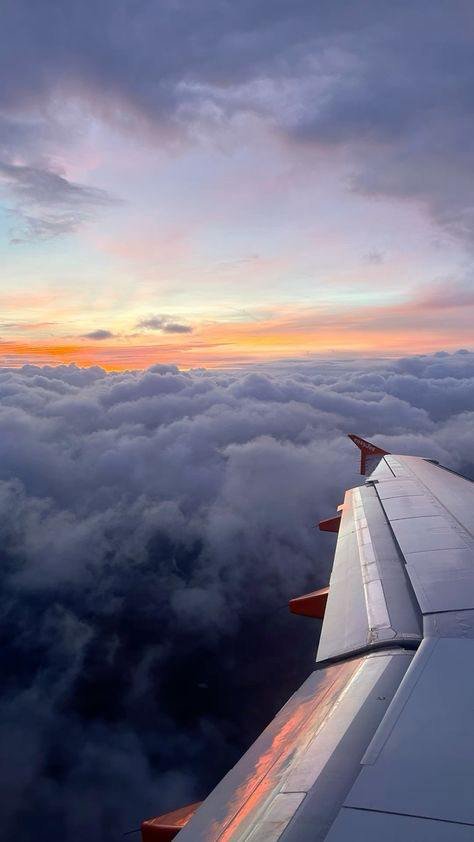
Need help?
Get free consultation with our school officer about your aviation career and find the best path to your goals.
Welcome to Pelican Flight Training, Florida's premier flight school offering one of the best training programs for pilots from around the world. We offer a structured program that will take you all the way from private pilot rank to ATP and airline readiness.
In this video, you'll learn what makes our flight school so special — the passion, the professionalism, and the world-class fleet of aircraft used for training. From your first flight to becoming a professional pilot, we will be with you every step of the way.
Take a look right now and see why training at Pelican isn't just about learning — it's about transformation.
Start Flying








Want to become a pilot? Get a free consultation today!
Fill out the form and get a free PDF guide: ‘Your First Steps to an Airline Career’!
We will be happy to personally assist you in making decision for your future airline career by providing you with all the information you might need and providing answers to all of your questions. Please complete the form, and we will be in touch with you soon.